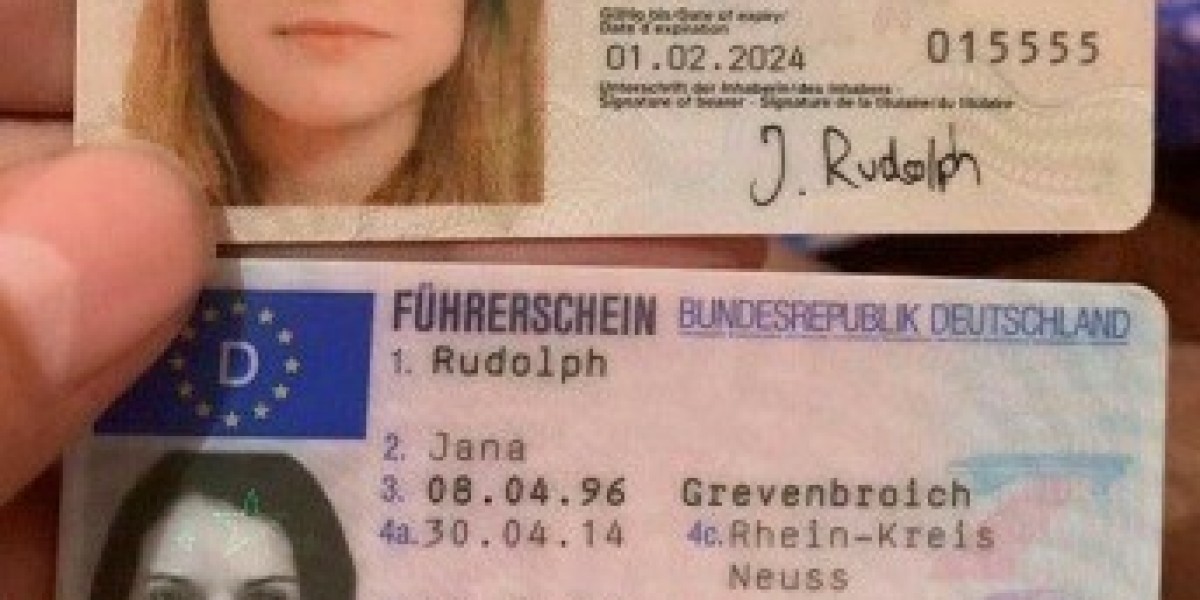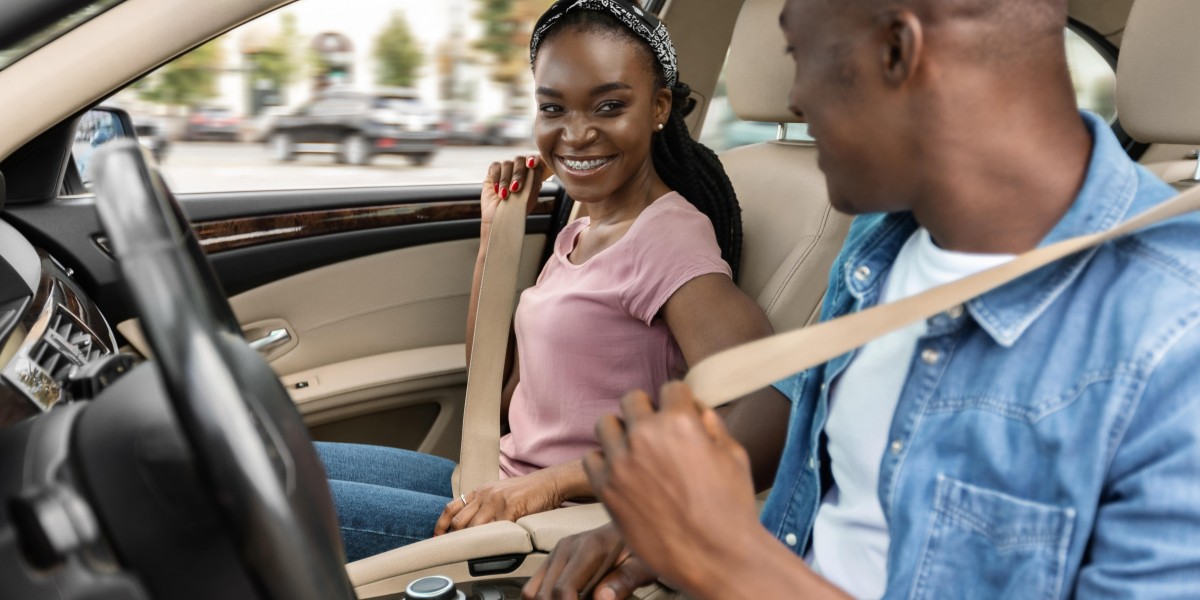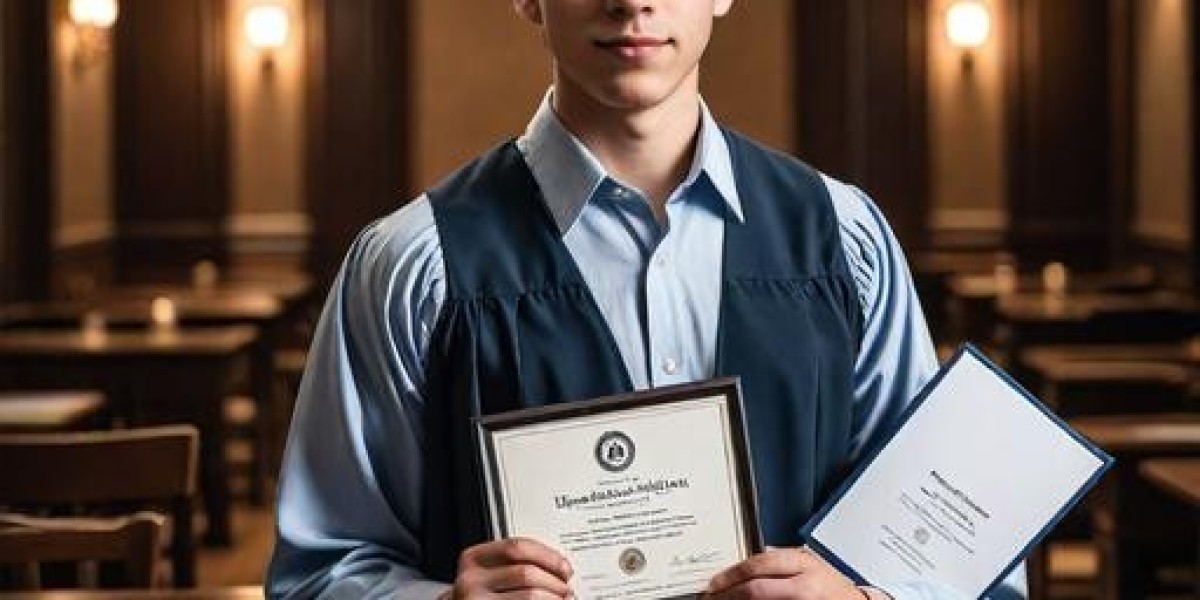How to Buy a Motorcycle License: A Comprehensive Guide
Motorcycling is not simply a mode of transport but likewise a thrilling pastime for lots of. However, before you can rev your engine and hit the roadway, you need to obtain a motorcycle license. This guide intends to provide comprehensive info on the process of purchasing a motorbike license, making sure that potential riders have a clear understanding of the requirements, steps, and often asked concerns.
Understanding the Basics
A motorcycle license, likewise understood as a bike recommendation, is a special classification on your driver's license that allows you to lawfully run a motorcycle on public roadways. The process of obtaining this endorsement varies by state or country, but typically involves a mix of composed tests, practical training, and roadway tests.
Step-by-Step Process to Obtain a Motorcycle License
Research Your State's Requirements
- Each state or country has its own set of guidelines and requirements for motorcycle licensing. Start by visiting your local Department of Motor registrierten führerschein Kaufen Vehicles (DMV) or comparable firm's website to collect particular information.
- Note the age requirements, costs, and any essential documentation.
Research Study the Motorcycle Manual
- The DMV or comparable firm normally offers a bike manual that covers vital info such as traffic laws, safe riding practices, and motorcycle-specific guidelines.
- Familiarize yourself with the manual to prepare for the written test.
Take a Motorcycle Safety Course
- Many states need or highly recommend that you complete a basic bike safety course before obtaining a license.
- These courses, typically used by companies like the Motorcycle Safety Foundation (MSF), teach you the principles of motorbike riding, including braking, turning, and emergency situation maneuvers.
- Finishing the course can also certify you for a waiver on the useful riding test and might provide discounts on insurance.
Make an application for a Learner's Permit
- Visit your regional DMV or utilize their online website to request a learner's authorization.
- You will require to pass a written test that covers traffic laws and safe riding practices.
- The student's license typically enables you to ride a motorbike under specific restrictions, such as being accompanied by a certified rider or not riding at night.
Practice Riding
- As soon as you have your learner's authorization, practice riding under the assistance of an experienced motorcyclist or a certified trainer.
- Focus on constructing your abilities in a safe environment, such as a parking lot or a peaceful street.
- Practice various riding situations, consisting of beginning and stopping, turning, and browsing through traffic.
Set up and Take the Road Test
- Once you feel great in your riding capabilities, schedule your road test with the DMV.
- During the test, you will be examined on your ability to safely operate a motorcycle, browse numerous traffic circumstances, and follow traffic laws.
- If you fail, you can normally retake the test after a given period.
Receive Your Motorcycle License
- After passing the road test, you will receive your motorbike license. This endorsement will be added to your driver's license.
- You can now lawfully ride a bike on public roads, subject to any extra constraints that might apply.
Additional Considerations
Insurance and Registration:
- Before riding, guarantee your bike is effectively insured and registered. Many states need a minimum level of liability insurance.
- Consult your insurance coverage company to understand the expenses and protection options.
Security Gear:
- Invest in top quality safety equipment, consisting of a DOT-approved helmet, protective gloves, strong boots, and a resilient jacket.
- Helmets are mandatory in lots of states and are essential for your safety.
Continued Education:
- Even after acquiring your license, think about taking innovative riding courses to enhance your skills and remain up-to-date with the most recent safety practices.
Frequently Asked Questions (FAQs)
Q1: How long does it take to get a bike license?
- The time can differ depending on your state's requirements and your personal rate. Usually, the process can take a few weeks to a few months. Aspects include the accessibility of safety courses, scheduling of the road test, and how rapidly you construct your riding abilities.
Q2: Do I require a car license to get a motorcycle license?
- Yes, in most states, you need to have a valid driver's license before you can make an application for a bike recommendation. The particular kind of license needed may differ, so examine your state's regulations.
Q3: Can I take the road test on my own motorcycle?
- In lots of states, you can take the road test on your own bike, supplied it satisfies all security and registration requirements. Some states may need you to utilize a DMV-provided bike. Check your regional DMV's site for information.
Q4: What is the cost of acquiring a motorcycle license?
- Expenses vary by state but generally consist of fees for the learner's permit, the composed test, the roadway test, and the motorbike safety course. Additional expenditures may include the expense of safety gear and insurance coverage.
Q5: What takes place if I stop working the road test?
- If you stop working the roadway test, you will generally require to set up a retake after a specified duration. Some states may permit you to retake the test instantly, while others require a waiting duration. Practice the areas where you had a hard time and returned better prepared.
Q6: Are there various classes of bike licenses?
- Yes, some states provide different classes of motorcycle licenses based on the type of motorbike you mean to ride. For example, Class M1 may be for routine bikes, while Class M2 may be for mopeds or scooters. Examine your state's guidelines to figure out which class you need.
Q7: How old do I need to be to get a bike license?
- The minimum age to get a bike license varies by state. In lots of states, you can make an application for a student's license at 16 and a full motorbike license at 18. However, some states have different age requirements, so constantly validate with your local DMV.
Q8: Can I get a bike license online?
- No, you can not obtain a bike license entirely online. While you can study the handbook and finish some initial actions online, you will need to visit a DMV workplace to take the written and road tests and receive your license.
Q9: What should I do if I relocate to a new state?
- If you transfer to a new state, you will likely need to transfer your motorcycle license or get a brand-new one. Examine the specific requirements of your brand-new state, as you might require to take extra tests or finish a security course.
Q10: Are there any limitations on my motorcycle license?

- Yes, some states place limitations on brand-new motorcycle license holders, such as not riding in the evening or not carrying guests for a specific period. These restrictions are developed to help brand-new riders gain experience safely.
Obtaining a bike license is a simple process that needs devotion, study, and practice. By following the steps detailed in this guide, potential riders can guarantee they are well-prepared and fulfill all the needed requirements. Remember, safety is critical, so invest in appropriate training and safety equipment. With a legitimate motorbike license, you can take pleasure in the freedom and enjoyment of riding while staying safe and legal on the road.
Additional Resources
- Bike Safety Foundation (MSF): msf-usa. org
- Department of Motor Vehicles (DMV): [yourstate.dmv.gov]
- Insurance Providers: Check with your regional insurance companies for motorbike insurance options and discount rates.








